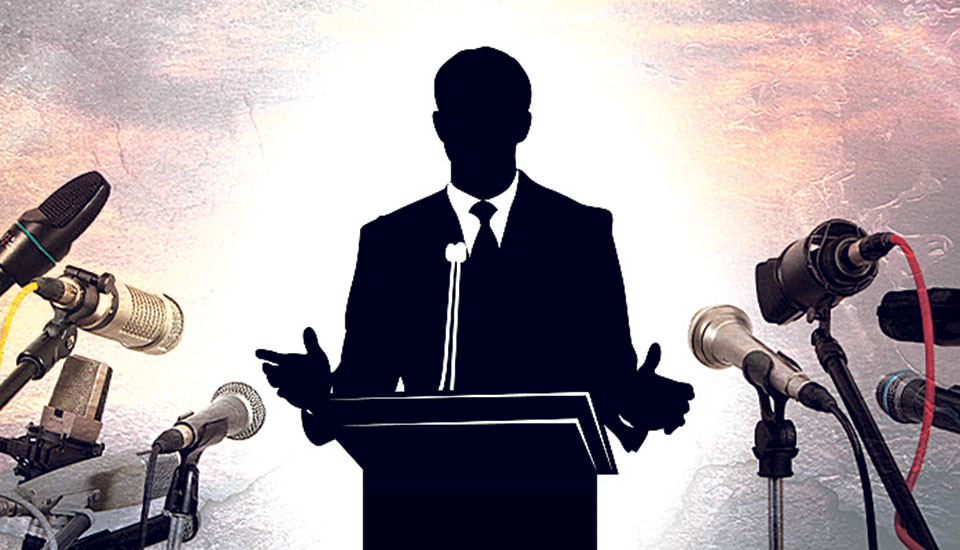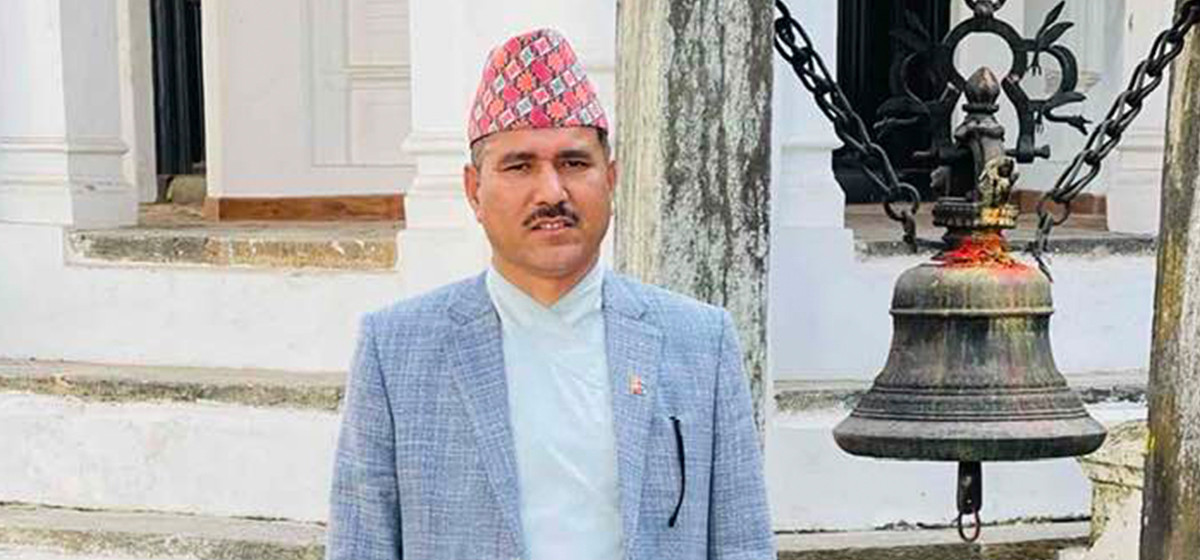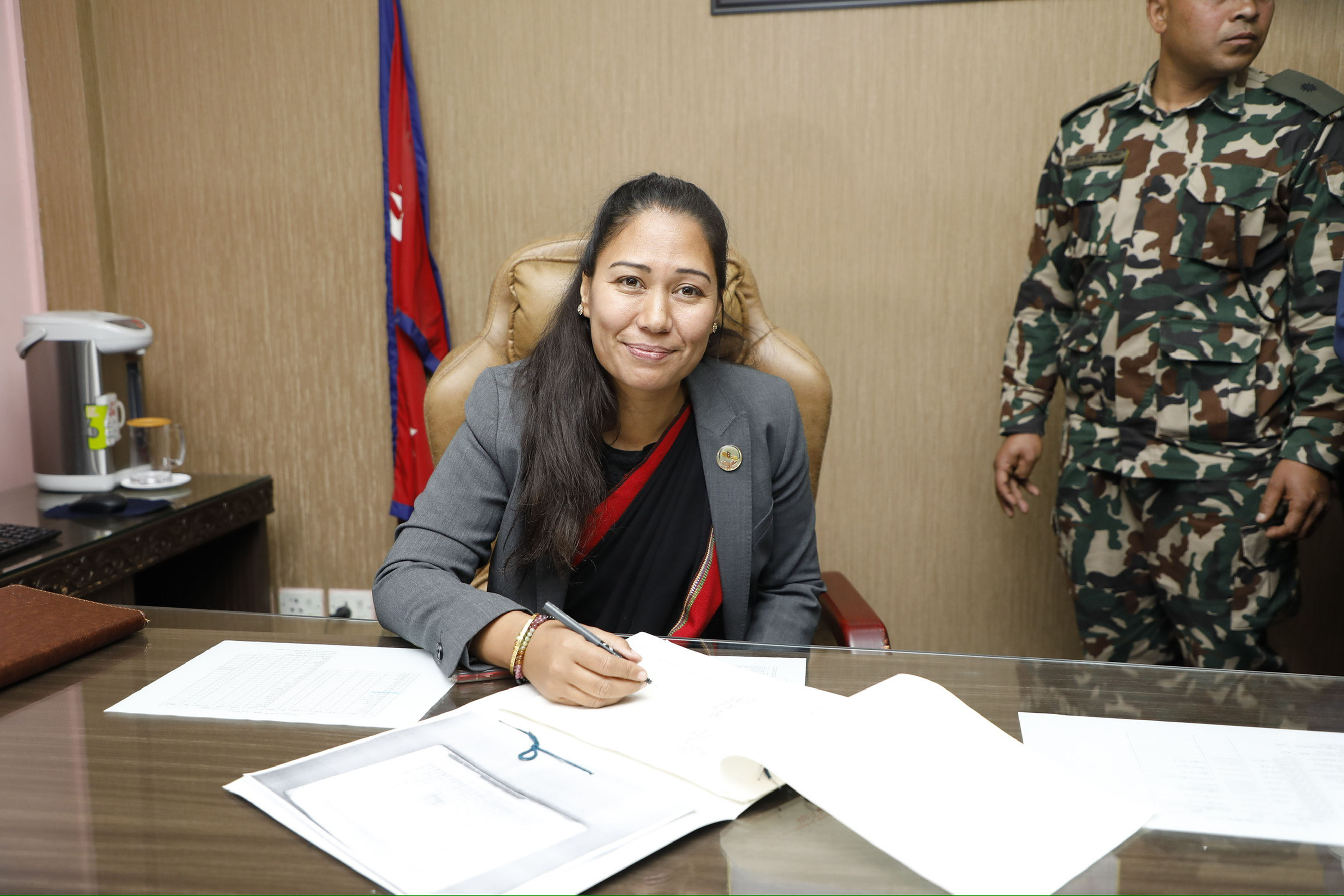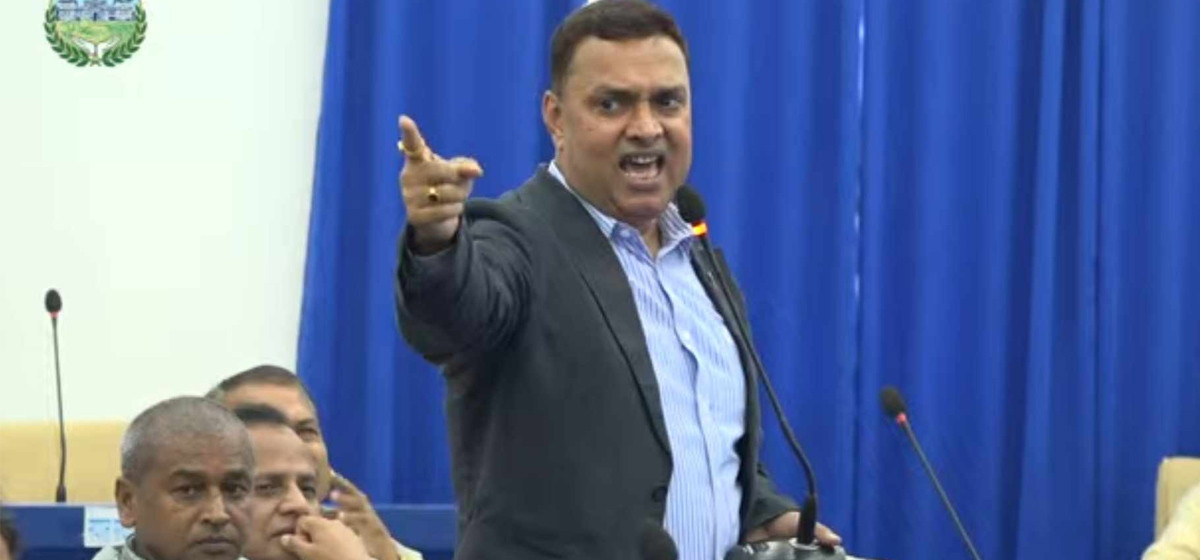
OR

Many successful dealings start with or lead to public speaking of some sort. The gathered people may be a crowd of 100 or just your company employees but facing the masses to inform, persuade, influence and such is a common occurrence. However, Psychology Today cites that public speaking still remains the top three fears of people around the world. Unfortunately, it isn’t something you can grow out of naturally.
Green, the organization, for instance has been hosting two-week long public speaking training programs.
Soham Amatya, their trainer, reveals that while their initial motive was to give college student a platform to conquer stage fright, people from the workforce and corporate houses too have been showing interest in the program.
Amatya further shares that people of all levels have been participating in their workshops. There are those who want to pick the finer points of public speaking and improve on things like their gestures, presentation skills and such and then there are some who apparently literally start shaking when asked to take over the mike.
The good news for everybody is that it’s never too late to start. But a start you will have to make, says Amatya. Here, he lends some of his expertise and experiences while hosting these public speaking workshops. Those looking to overcome their fear of public speaking might find these insights to be very helpful.
Don’t say next time
“Whenever we start our workshop, we begin by asking our participants to say a few words,” explains Amatya, “It could be anything, we just want them to face the class and speak. When we do this, there are always participants who refuse to participate.” Apparently, they all try and settle with a promise to speak the next day. This kind of tendency to procrastinate, Amatya stresses, is detrimental to people’s public speaking aspirations.
According to him, the first step to becoming a good public speaker is to take the stage and speak as many times as possible. Practice is crucial and shunning opportunities to do won’t do you any favors. In fact, it might make you more scared of it. This isn’t a skill you can learn by reading books or watching video tutorials alone. So step up, speak. You will learn to control your anxiety a lot more as you do so.
Private victories precedes public victories
Before you can hope to engage the public and go on to win them over, Amatya insists on considering this ideology. He tells us they make it a point to discuss it in all their public speaking workshops.
Here, other than practice sessions, they also teach mindfulness techniques. Its base is derived from yoga and focuses on things such as your breathing, attention span, body language and so on. This is to address the fear that may be lurking in your subconscious mind. By being completely present in the moment, Amatya reveals they hope to teach participants to have better control of their actions and abilities.
“We have rolled in all the techniques, exercises, and information in our small package because being more aware of yourself while public speaking elevates your presence and performance,” says Amatya. If you think you overuse hand gestures or want to control your speaking speed, all of this can be improved by being more mindful and present in the moment.
Know what you are talking about
Knowing what you are going to talk about doesn’t only help you write a good speech, it can give you a much-needed confidence boost as well. This is important especially if you are an amateur or an anxious speaker.
Like all public speaking gurus, Amatya too doesn’t encourage people to memorize their speeches. He is aware there are people who prepare themselves in this manner. But he believes there are many disadvantages of this practice.
“When you memorize your speech, there are more chances of you getting flustered. What if you can’t remember a word or a sentence? You are more bound to feel like a deer caught in the headlights,” he says, adding “You will also lack interaction with the crowd.”
So instead, work beforehand, research your subjects and be clear on where you stand on the matter. When you are confident on what you are talking about, walking up to the stage automatically becomes easier.
Evaluate your own ability
The best speeches appear to be effortless but, in reality, they aren’t. You can bet whether it is a president, an entertainer or a businessman, he/she has put in a lot of preparation into it. And you can also put another bet that there will be certain areas of the speech that they will feel could have gone better. That’s the beauty of public speaking: You can always be better than your last speech.
So, it is highly recommended that you review your performance. Have somebody film you or, at the very least, ask for feedbacks. This will be immensely helpful when you are just starting to conquer your stage fright as well. You can also fine-tune your weaknesses from the beginning.
However, Amatya says that what works differs from individual to individual. “It’s the small things that make the difference. Some need reminders of even minute details like using pauses while speaking,” he says adding you have to understand what works or doesn’t work for you to get better at public speaking. But of one thing he is sure: To become aware about your weaknesses and strengths in public speaking, put yourself under evaluation by speaking whenever you can.

You May Like This

Justin Bieber booed by fans, storms off stage (with video)
MANCHESTER, Oct 24: Grammy award winner Justin Bieber stormed off the stage during a performance here after being booed by... Read More...

Temporary teachers' exams put off
KATHMANDU, Mar 30: Following protests from student unions, the government on Friday postponed the temporary teachers' exams scheduled to start... Read More...

Department of Transport sending hoary vehicles off road
KATHMANDU, Feb 2: The Department of Transport Management is to ban the operation of the vehicles running for two decades... Read More...



Just In
- Rising food prices cause business slowdown
- Madhesh Province Assembly meeting postponed after Janamat’s obstruction
- Relatives of a patient who died at Karnali Provincial Hospital 6 days ago refuse body, demand action against doctor
- Khatiwada appointed as vice chairman of Gandaki Province Policy and Planning Commission
- China's economy grew 5.3% in first quarter, beating expectations
- Nepal-Bangladesh foreign office consultations taking place tomorrow
- Kathmandu once again ranked as world’s second most-polluted city
- PHC endorses Raya as Auditor General
















Leave A Comment